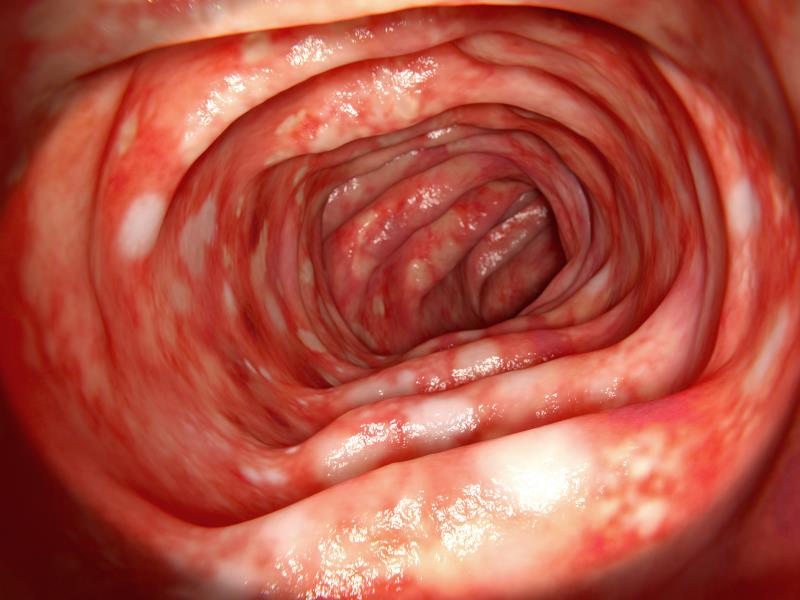
The use of Janus kinase (JAK) inhibitors for the treatment of inflammatory bowel diseases (IBDs) and other immune-mediated diseases may increase the risk of herpes zoster infection, reports a recent meta-analysis.
Accessing the databases of the Cochrane Central Register of Controlled Trials, Embase and Medline, researchers retrieved 82 studies corresponding to 66,159 patients with immune-mediated diseases. Most of the enrolled papers were randomized controlled trials. The primary study outcome was the incidence of adverse events.
Forty-four studies investigated the effect of treatment on herpes zoster infection risk, most of which used tofacitinib (n=26), though there were also reports on baricitinib, filgotinib and upadacitinib. In the pooled sample of 48,093 patients, the incidence rate of herpes zoster was 2.11 per 100 patient-years. Among treated comparators, the corresponding rate was 1.23 per 100 patient-years.
This resulted in a significant excess in risk estimate (risk ratio [RR], 1.57, 95 percent CI, 1.04–2.37), which persisted even when limiting analysis to placebo-controlled studies (RR, 1.72, 95 percent CI, 1.07–2.76). Heterogeneity was insignificant.
No such differences in risk were found for other adverse outcomes, including serious infections, malignancies and major cardiovascular events. Mortality was likewise comparable among treatment groups (RR, 0.72, 95 percent CI, 0.40–1.28).
“More studies with long follow-up and in the real-world setting in the different conditions will be needed to fully elucidate the safety profile of the different JAK inhibitors,” the researchers said.